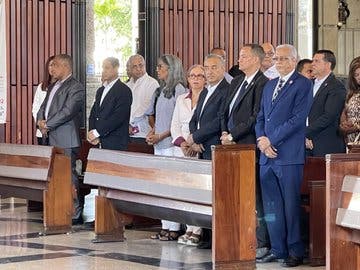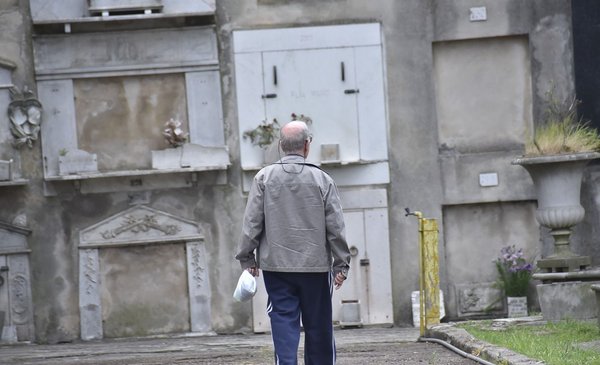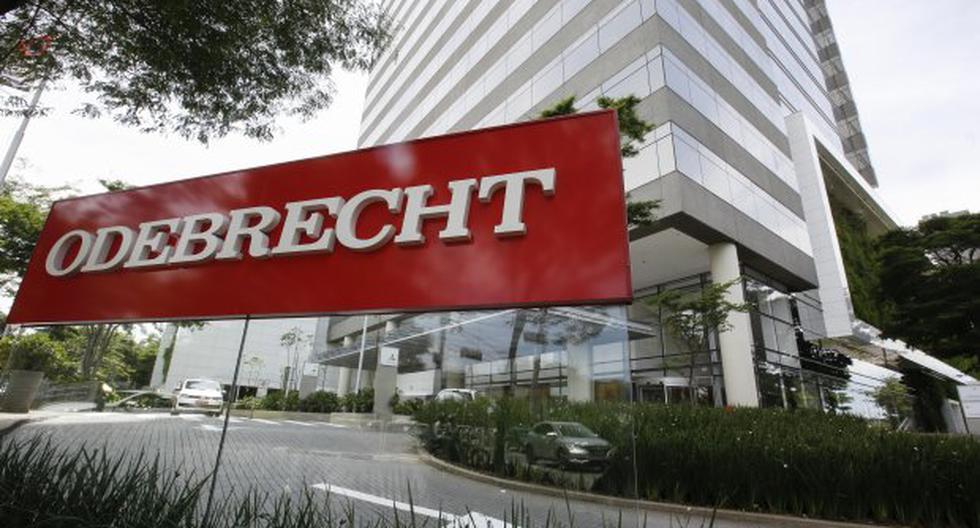The Dominican Liberation Party (PLD) honors today with various acts the memory of the founder and leader of that political organization, Professor Juan Bosch, on the 21st anniversary of his death on November 1, 2001 in a health center of the capital, where he was treated for a condition of the respiratory system.
The acts began this Tuesday at 10:00 in the morning with a mass at the Immaculate Conception Cathedral, in La Vega, hometown of the late political leader.
At 11:00 in the morning there was a floral offering in the Ornamental cemetery, also in La Vega.
In the capital, at 9:00 in the morning there was a floral offering by the Fuerza Bochista del PLDat the Altar of the Fatherland.
Bosch, former President of the Republic, was a storyteller, essayist, narrator, historian, educator and politician.
Born on June 30, 1909 in La Vega, in 1962 he was elected president of the Dominican Republic, a position from which he was deposed 7 months later, on September 25, 1963.
His government was the victim of a coup headed by Colonel Elías Wessin y Wessin and replaced by a three-man military junta. That historical event, which provoked the April 1965 war, forced Bosch into exile in Puerto Rico.
He was the founder of the Dominican Revolutionary Party (PRD) in 1939 and the Dominican Liberation Party (PLD) in 1973.
From a very young age he stood out against the regime of the dictator Rafael Leónidas Trujillo.
In 1966 Bosch ran for president again, but was defeated by former president Joaquín Balaguer.
In 1978 he returned to the polls, this time on the PLD ticket, but did not reach the necessary number of votes. His last attempt to seize power came in 1994 and he failed again in elections that international observers denounced as fraudulent.
The economic, institutional and social decisions of the Bosch government in favor of the Dominicans of the popular classes and of the country’s institutions define him as a democrat who governed in favor of the best national interests.
He began the agrarian reform, prohibiting large estates, limiting private property for reasons of social interest. He consecrated the right of the peasant family to have land.















